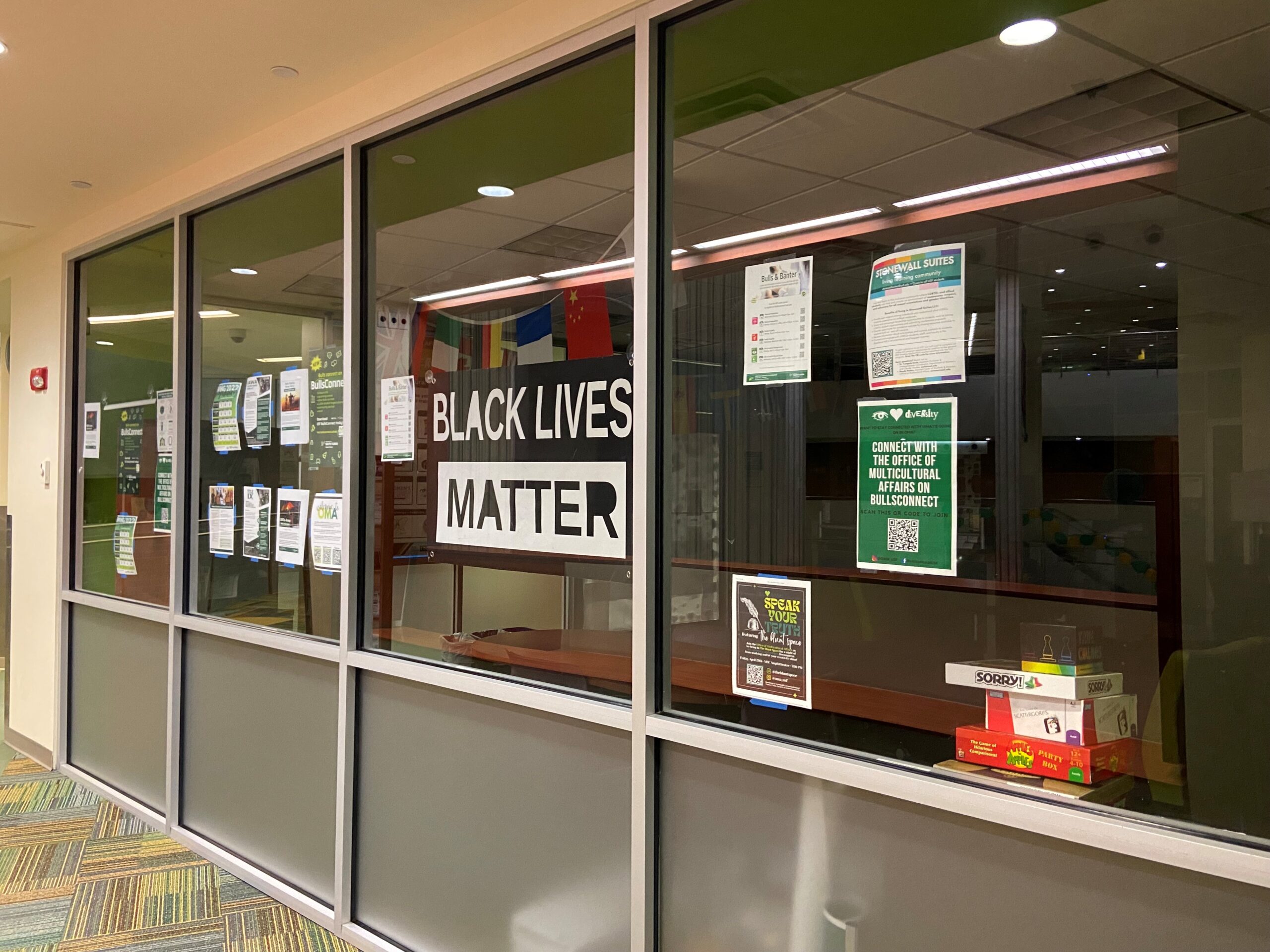OPINION: Dear USF, stop ignoring Africana Studies

The Africana Studies department held a forum March 30 to help bring attention to how neglected it is, since students are struggling to graduate in the field.
Calling it a department is ambitious, as USF dissolved the program in 2015, Africana Studies professor Cheryl Rodriguez said at the forum. Its funding was cut in favor of keeping Women and Gender Studies as a department, leaving Africana Studies under-prioritized and spread thin with faculty.
USF can’t keep turning a blind eye to this area of study. More funding and reinstating it as a department would allow faculty to have a better suited variety of classes. It would also give students a chance to graduate on time.
Africana Studies focuses on what it means to be human, or to be kept out of the category of human as a result of the Atlantic slave trade, according to Undergraduate Director David Ponton. It’s integral to having an intersectional, diverse understanding of humanity and history.
The program should be given the chance to thrive, something it’s never been given, even when it was still a department.
A march was held in 2008 to protest the very same issue — cutting Africana Studies as a department. Provost Ralph Wilcox had plans to remove Africana Studies’ departmental status as far back as 2008, but was met with a full organized march of backlash.
Since the department was cut seven years later, the demonstration only bought a few years of peace.
Three full-time professors are relied upon to teach a 36-credit curriculum this year, according to Ponton. Typically, the program has six core faculty, but with three on leave for separate reasons, the courses are left without much support. If more funding were to be provided, this problem wouldn’t present itself.
There are five core classes needed to graduate as an Africana Studies major, which means these classes should be offered on a regular basis — at least once a year.
This is extremely unrealistic considering how little funding and staffing the program’s provided.
Having three full-time professors juggling an entire program — even for one year — presents numerous complications, such as lack of complete freedom to choose what courses will benefit their students the most, as well as the order in which to offer them.
“It sets us up for a difficult arrangement,” Ponton said. “Even if we did create [new courses] there’s nowhere to put them because there’s no time to teach them.”
When comparing USF’s Africana Studies program to other schools, there’s a significant gap in funding, according to English professor Gary Lemons, one of the panelists at the forum. The forum highlighted how a majority of a department’s budget goes toward faculty salaries. This makes the number of staff very telling as to how good the funding is.
A brief look at other universities shows a wide gap between the amounts of faculty.
UCF has eight faculty members teaching its department this semester, according to the Africana Studies course page. That’s already four times the amount USF is funding.
“They have more faculty than we do because they’re departments. That’s part of the real problems I have with this university,” Lemons said.
“We have Women and Gender Studies as a department. But folk of color, Latin American Studies, Africana Studies, are not departments, so you all don’t get to have faculty.”
The university said this is due to lack of students in the field. Africana Studies has roughly 30 majors and 70 minors, according to Ponton. This presents a Catch-22.
Without enough courses offered, no students will be interested, but USF can’t offer more courses without having more faculty. To have more faculty, more funding is needed.
Students have to speak to USF administrators and emphasize the importance of optimizing this program. The first step to reinstating Africana Studies as a department is to use a collective voice, similar to the 2008 march.
A university isn’t truly diverse until programs such as Africana Studies are given proper, and equal, attention.







